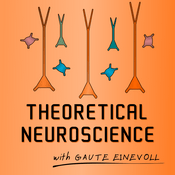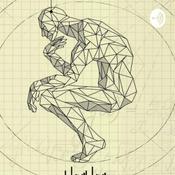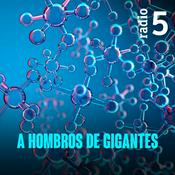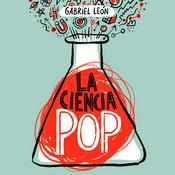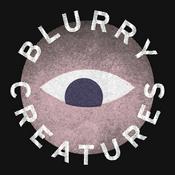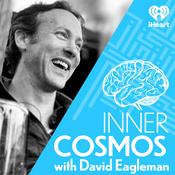37 episodios
On reproducibility of modeling and 10 years with the Potjans-Diesmann network model - with Hans Ekkehard Plesser - #37
31/1/2026 | 1 h 28 minReproducibility is key for scientific progress. If research results cannot be reproduced and trusted, other researchers cannot build on them.
Reproducibility is a challenge also in computational neuroscience, and today's guest has worked on how this can be remedied, for example, through standardized model description and model sharing.
He also recently organised a workshop celebrating a decade with the (reproducible) Potjans-Diesmann neural network model, which has become an important community tool.- Historically, the analysis of neural recordings focused on responses of single neurons recorded by single-contact electrodes. Modern electrodes with multiple electrode contacts can instead record spikes (action potentials) from hundreds of neurons simultaneously.
Manifold analysis of the overall population activity of these neurons has become a critical tool for interpretation of such data.
The podcast guest is a pioneer in the development and use of such analysis. - Neurons need particular sodium and potassium concentration gradients across their membranes to function. These gradients are set up by so-called ion pumps which require energy stored in ATP molecules to run.
ATP is the common energy currency in the brain and is produced from nutrients delivered by the blood by a complicated set of chemical reactions known as a metabolic network.
Today's guest has just published a comprehensive model of such a network and explains how it can shed light on differences between young and brains. - An important discovery that has come out of computational neuroscience, is that cortical neurons in vivo appear to receive so-called balanced inputs.
In the balanced state the excitatory and inhibitory synaptic inputs to a neuron are about equal, and action potentials occur when a fluctuation temporarily makes the excitation dominate.
The theory, for example, explains the observed irregular firing of cortical neurons in the background state.
Today's guest was one of the key developers of the theory in the late 1990s. On computational neurotechnology for the clinic - with Anthony Burkitt, Nada Yousif & Esra Neufeld - #33
11/10/2025 | 1 hHow can computational neuroscience contribute to developing neurotechnology to help people with brain disorders and disabilities?
This was the topic of a panel debate I hosted at the 34th Annual Computational Neuroscience Meeting in Florence in July this year.
Electric or magnetic recording and/or stimulation are key clinical tools for helping patients, and the three panelists have all used computational methods to aid this endeavor.
Más podcasts de Ciencias
Podcasts a la moda de Ciencias
Acerca de Theoretical Neuroscience Podcast
The podcast focuses on topics in theoretical/computational neuroscience and is primarily aimed at students and researchers in the field.
Sitio web del podcastEscucha Theoretical Neuroscience Podcast, Mándarax: ciencia en tu vida diaria y muchos más podcasts de todo el mundo con la aplicación de radio.net

Descarga la app gratuita: radio.net
- Añadir radios y podcasts a favoritos
- Transmisión por Wi-Fi y Bluetooth
- Carplay & Android Auto compatible
- Muchas otras funciones de la app
Descarga la app gratuita: radio.net
- Añadir radios y podcasts a favoritos
- Transmisión por Wi-Fi y Bluetooth
- Carplay & Android Auto compatible
- Muchas otras funciones de la app


Theoretical Neuroscience Podcast
Escanea el código,
Descarga la app,
Escucha.
Descarga la app,
Escucha.
